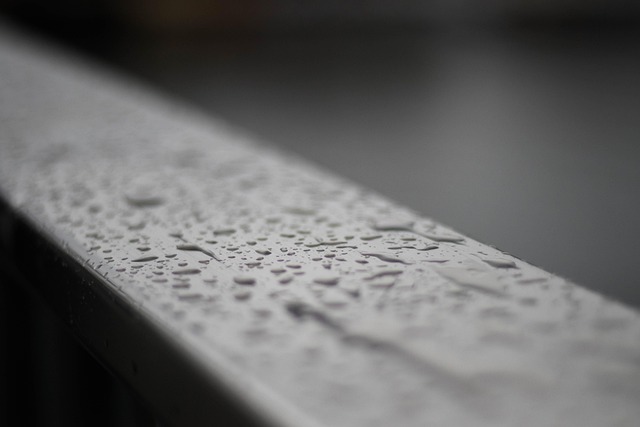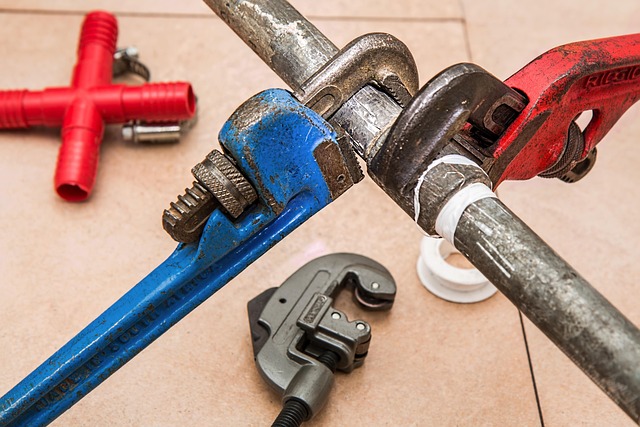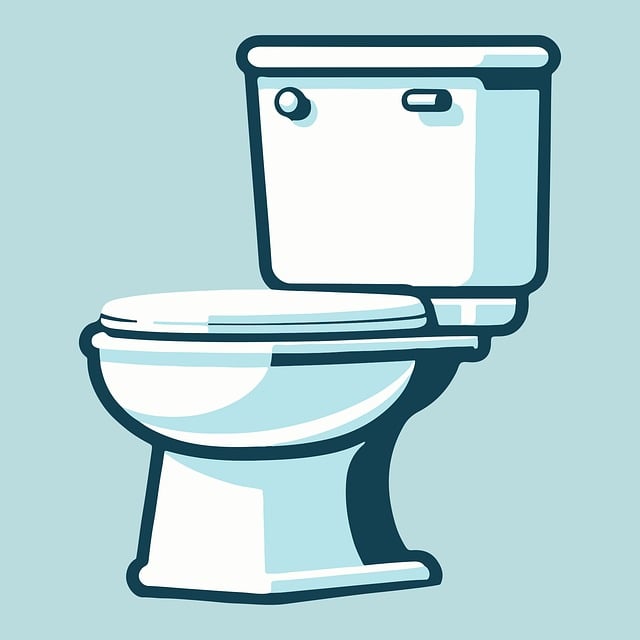Regular plumbing inspections are vital for home maintenance, preventing costly disasters by identifying issues early. Key tasks include comprehensive gutter cleaning to prevent water damage and overflow, as well as checking pipes, fittings, and fixtures for leaks or corrosion. Early detection minimizes damage and saves money, ensuring the long-term functionality of crucial plumbing systems.
Stay ahead of plumbing issues with regular inspections. This proactive approach can save you from costly repairs and messy surprises. In this guide, we’ll explore why scheduling routine checks is essential for your home’s well-being. From identifying potential leaks to maintaining efficient water flow, we’ll cover the key components of a comprehensive plumbing inspection, including unexpected areas like gutter cleaning. Learn how these regular routines can keep your plumbing system running smoothly.
- Understanding the Importance of Regular Plumbing Inspections
- Components to Include in Your Routine Plumbing Inspection Schedule
- Tips for Efficiently Conducting and Maintaining Plumbing Health
Understanding the Importance of Regular Plumbing Inspections

Regular plumbing inspections are an often-overlooked but essential aspect of home maintenance. By scheduling routine checks, homeowners can prevent costly and inconvenient plumbing disasters. Plumbing issues don’t always manifest visibly; many problems lurk beneath the surface, waiting to escalate into significant damage. From burst pipes that can flood your home to clogged drains causing sewage backup, early detection is key to minimizing these risks.
One critical area often overlooked during inspections is gutter cleaning. Clogged gutters can lead to water damage, foundation issues, and even structural problems in the roof and walls due to excess moisture. Regular cleaning ensures proper water flow, preventing potential catastrophes. By prioritizing routine plumbing inspections, including gutter maintenance, homeowners can protect their investments and ensure long-term functionality of these vital systems.
Components to Include in Your Routine Plumbing Inspection Schedule

When scheduling routine plumbing inspections, ensure your checklist includes essential components like checking for water leaks and examining pipes for signs of corrosion or damage. Another crucial aspect is evaluating the condition of fixtures, including sinks, toilets, and faucets, to identify any leaks or clogs.
Moreover, don’t overlook the importance of gutter cleaning and drain maintenance. Gutters should be cleared of debris to prevent overflow, which can cause water damage to your property. Regular inspection and cleaning of drains ensure smooth water flow, preventing clogs that might lead to plumbing emergencies.
Tips for Efficiently Conducting and Maintaining Plumbing Health

Regular plumbing inspections are a crucial part of maintaining a healthy home, and an efficient way to prevent costly repairs. One essential tip is to schedule routine gutter cleaning as part of your inspection process. Gutters can easily become clogged with debris, causing water damage and other plumbing issues. By clearing them regularly, you ensure proper water flow and protect your home from potential harm.
Additionally, focus on checking for any signs of leaks or corrosion in pipes, fittings, and fixtures. Early detection of these problems is key to minimizing damage and saving money in the long run. Remember to inspect pressure regulators and water heaters too, as they play a vital role in maintaining efficient plumbing health.






